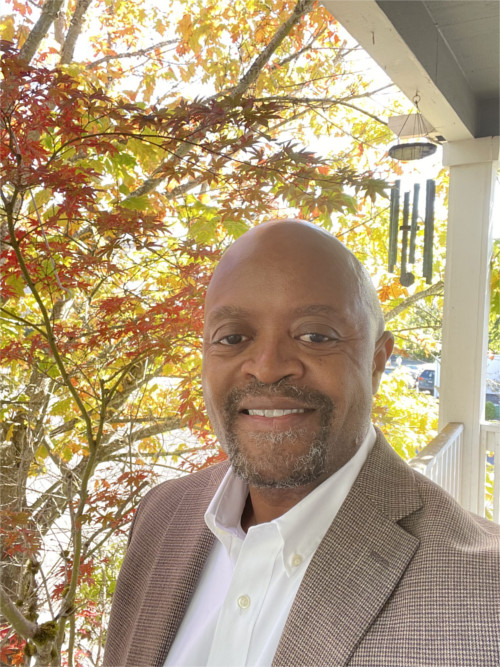

What is Critical Race Theory in Education?
Diversity, Equity, and Inclusion
Marvin Lynn, Ph.D.
Marvin Lynn, Ph.D., co-editor of The Handbook of Critical Race Theory in Education, currently serves as a professor in the College of Education at Portland State University in Oregon where he served as Dean from 2017 to 2021. He has also served as dean at Indiana University South Bend and Associate Dean at the University of Wisconsin-Eau Claire. He is an internationally-recognized expert on race, education, the work and lives of Black male teachers, and teacher diversity. He began his nearly 30-year education career as a teacher in large urban school districts. A recipient of the Derrick Bell Legacy Award from the Critical Race Studies in Education Association, he is also an experienced qualitative researcher who has led successful efforts to support schools and universities in their effort to more directly address issues related to diversity, equity, and inclusion. He received his doctorate from UCLA, a Master’s from Teachers College - Columbia University, and a Bachelor’s degree in Elementary Education from DePaul University in Chicago.
Nicholas D. Hartlep, Ph.D.
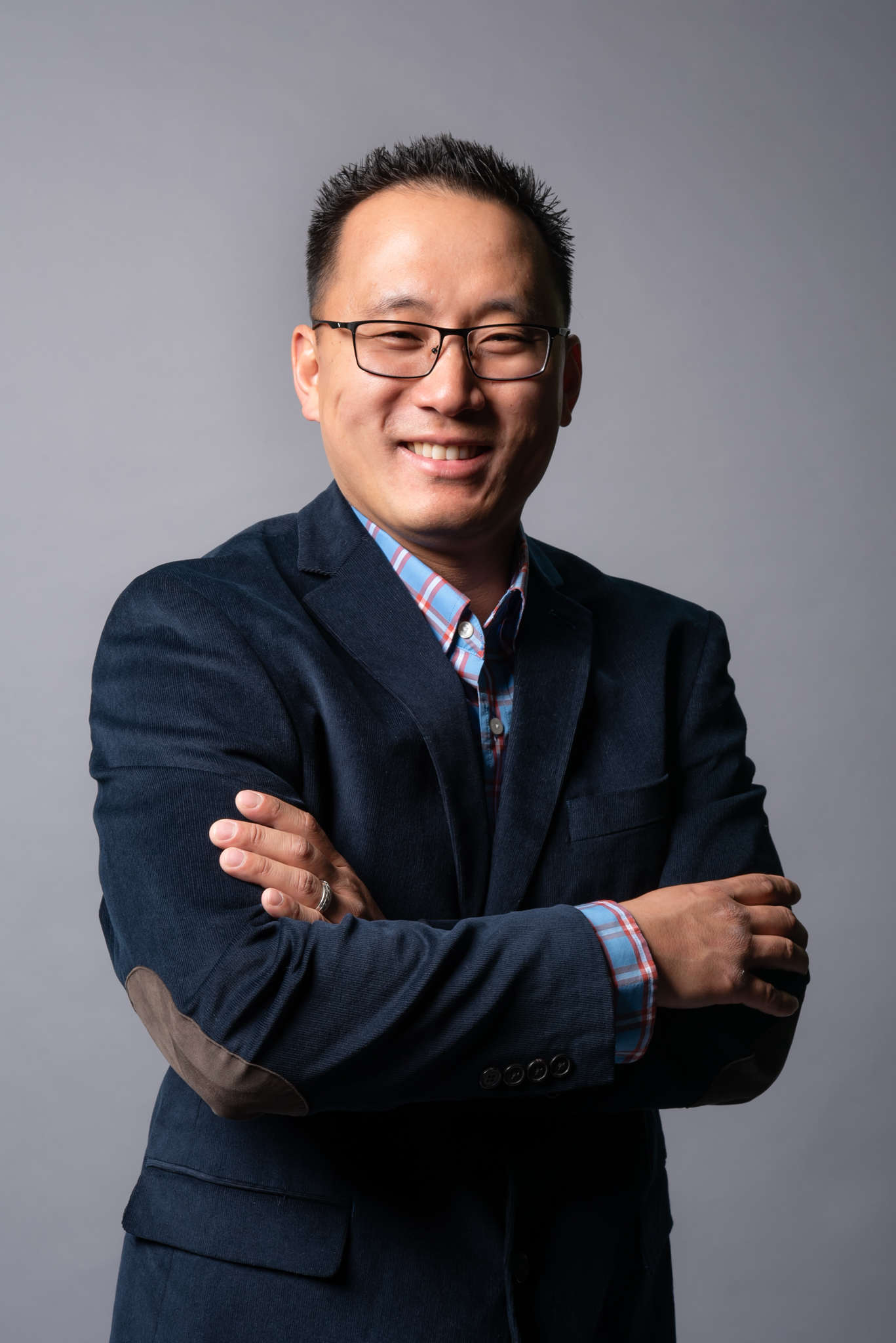 Nicholas D. Hartlep, Ph.D., holds the Robert Charles Billings Endowed Chair of Education Studies at Berea College where he serves as Chair of the Education Studies Department. He has published 24 different books in the field of education over the course of his academic career, two of which were named Outstanding Books by the Society of Professors of Education. He has received multiple awards and recognition for his work, including the 2020 Emerging Leader Award from American Association for Access, Equity, and Diversity, the 2018 John Saltmarsh Award for Emerging Leaders in Civic Engagement from the Association of State Colleges and Universities, the Graduate of the Last Decade Award from the University of Wisconsin, Milwaukee, and the Distinguished Young Alumni Award from Winona State University. His research includes examinations of the model minority stereotype of Asian/Americans, higher education leadership, teaching and transformation in urban educational settings, and the impact of neoliberalism on public P–20 education. He lives in Lexington, Kentucky with his wife and their three daughters.
Nicholas D. Hartlep, Ph.D., holds the Robert Charles Billings Endowed Chair of Education Studies at Berea College where he serves as Chair of the Education Studies Department. He has published 24 different books in the field of education over the course of his academic career, two of which were named Outstanding Books by the Society of Professors of Education. He has received multiple awards and recognition for his work, including the 2020 Emerging Leader Award from American Association for Access, Equity, and Diversity, the 2018 John Saltmarsh Award for Emerging Leaders in Civic Engagement from the Association of State Colleges and Universities, the Graduate of the Last Decade Award from the University of Wisconsin, Milwaukee, and the Distinguished Young Alumni Award from Winona State University. His research includes examinations of the model minority stereotype of Asian/Americans, higher education leadership, teaching and transformation in urban educational settings, and the impact of neoliberalism on public P–20 education. He lives in Lexington, Kentucky with his wife and their three daughters.
Teresa Sosa, Ph.D.
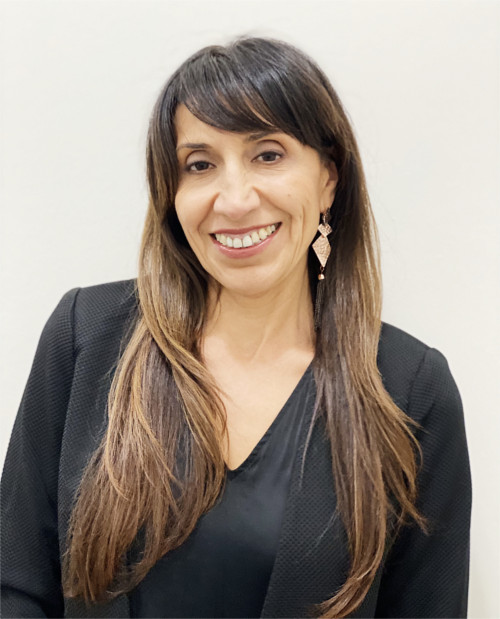 Teresa Sosa, Ph.D. is an Associate Professor of Urban Teacher Education at Indiana University, Indianapolis (IUPUI). Her research broadens understandings of how literacy education can be leveraged to disrupt educational injustices by attending to pedagogical practices, discourse and interactions, and capturing youths’ experiences and responses to their day to day educational experiences. Dr. Sosa is currently working closely with a small group of first year Latina teachers to support their commitment to equitable, anti-racist pedagogy. This work also provides a space for first-year Latina teachers to build kinship circles that validate their lived realities and support learning from each other’s experiences as teaching and leading for racial equity require sustained inquiry that takes seriously teachers’ own realities, practices, and questions.
Teresa Sosa, Ph.D. is an Associate Professor of Urban Teacher Education at Indiana University, Indianapolis (IUPUI). Her research broadens understandings of how literacy education can be leveraged to disrupt educational injustices by attending to pedagogical practices, discourse and interactions, and capturing youths’ experiences and responses to their day to day educational experiences. Dr. Sosa is currently working closely with a small group of first year Latina teachers to support their commitment to equitable, anti-racist pedagogy. This work also provides a space for first-year Latina teachers to build kinship circles that validate their lived realities and support learning from each other’s experiences as teaching and leading for racial equity require sustained inquiry that takes seriously teachers’ own realities, practices, and questions.
Bryan Brayboy, Ph.D.
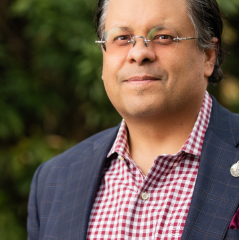 Bryan Brayboy, Ph.D. (Lumbee), is President’s Professor in the School of Social Transformation at Arizona State University. Dr. Brayboy is the Director of the Center for Indian Education at ASU, and co-editor of the Journal of American Indian Education. Previously, he served as the visiting President’s Professor of Indigenous Education at the University of Alaska Fairbanks. Dr Brayboy a fellow of the American Educational Research Association, a member of the National Academy of Education, and has produced over 95 scholarly documents, including the 2005 article “Toward a Tribal Critical Race Theory in Education” 8 books and policy briefs for several federal agencies. His research examines the role of race and diversity in higher education, with a focus on indigenous students, faculty, and staff.
Bryan Brayboy, Ph.D. (Lumbee), is President’s Professor in the School of Social Transformation at Arizona State University. Dr. Brayboy is the Director of the Center for Indian Education at ASU, and co-editor of the Journal of American Indian Education. Previously, he served as the visiting President’s Professor of Indigenous Education at the University of Alaska Fairbanks. Dr Brayboy a fellow of the American Educational Research Association, a member of the National Academy of Education, and has produced over 95 scholarly documents, including the 2005 article “Toward a Tribal Critical Race Theory in Education” 8 books and policy briefs for several federal agencies. His research examines the role of race and diversity in higher education, with a focus on indigenous students, faculty, and staff.
Darryl Heller, PH.D.
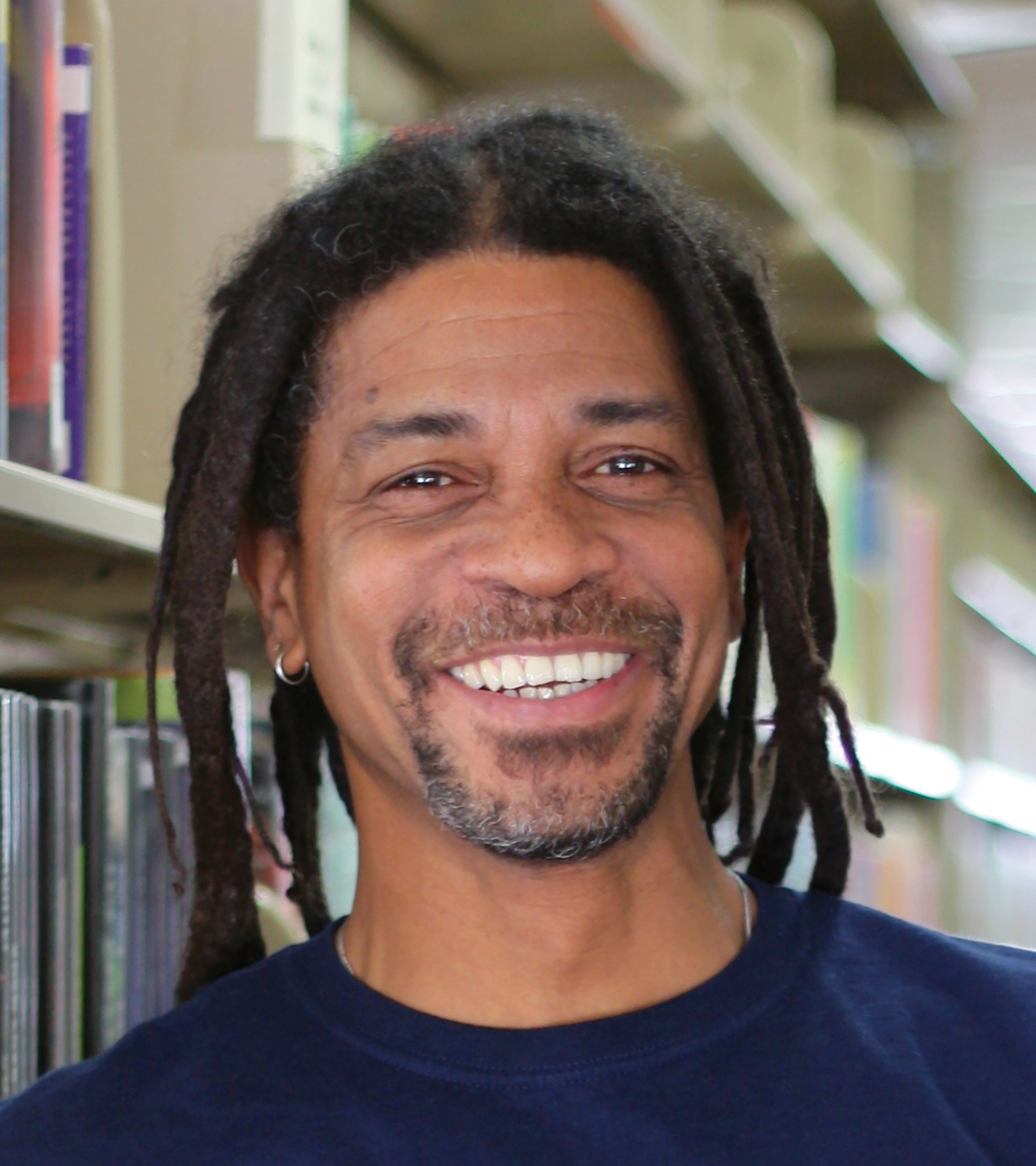 Darryl Heller, PH.D. is the director of the IU South Bend Civil Rights Heritage Center and an assistant professor of Women’s and Gender Studies. He received his BA in Philosophy from the College of Charleston, MA in American Studies from Columbia University, and his PhD in History from the University of Chicago. While living in New York City he co-founded the Amistad Institute, a nonprofit organization with the mission to design, develop, and implement educational programs for inner-city communities. He currently teaches and facilitates discussions on the topics of racism and white supremacy, the history of racial construction, and the intersection of race and gender. Dr. Heller serves on the Dwyer School of Health Sciences Diversity Council, the IU South Bend Police Advisory Board, and is a board member of the Community Forum for Economic Justice and Imani Unidad. He is also a member of the City of South Bend Board of Public Safety.
Darryl Heller, PH.D. is the director of the IU South Bend Civil Rights Heritage Center and an assistant professor of Women’s and Gender Studies. He received his BA in Philosophy from the College of Charleston, MA in American Studies from Columbia University, and his PhD in History from the University of Chicago. While living in New York City he co-founded the Amistad Institute, a nonprofit organization with the mission to design, develop, and implement educational programs for inner-city communities. He currently teaches and facilitates discussions on the topics of racism and white supremacy, the history of racial construction, and the intersection of race and gender. Dr. Heller serves on the Dwyer School of Health Sciences Diversity Council, the IU South Bend Police Advisory Board, and is a board member of the Community Forum for Economic Justice and Imani Unidad. He is also a member of the City of South Bend Board of Public Safety.
Marsha L. Heck, Ed.D.
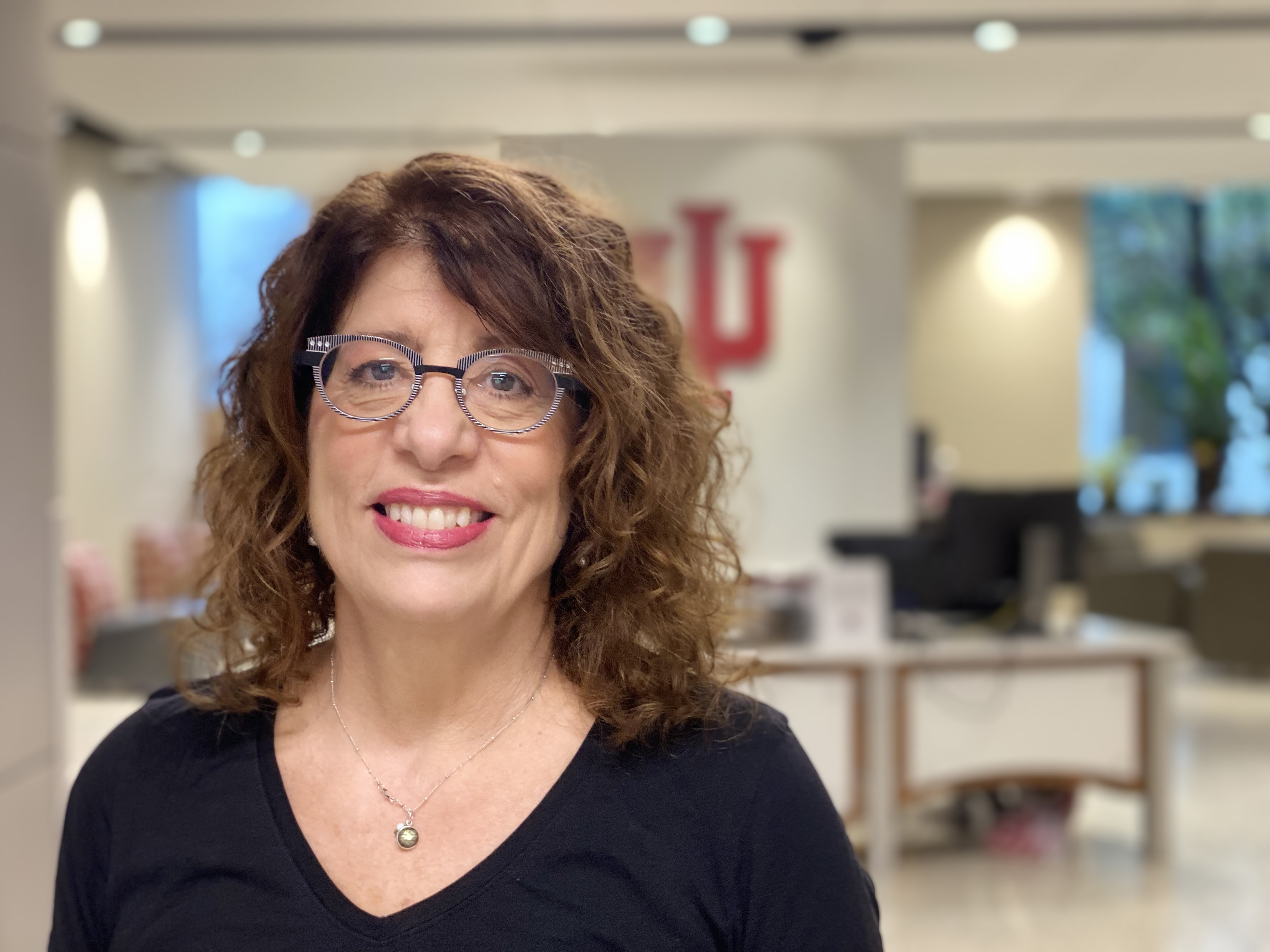 Marsha L. Heck, Ed.D., Associate Professor of Secondary Education & Foundations of Education, earned a BA in Art Education from Augustana University, Sioux Falls, MS.Ed in Community Counseling from Youngstown State University, and an Ed.D. in Curriculum and Instruction: Cultural Studies from the University of North Carolina Greensboro. Her dissertation, Teacher as Artist informs her DEJI teaching, scholarship, and community engagement efforts – still timely per Angela Davis (ND Kroc Center lecture, October, 2020) "artists have learned to cultivate the power of the imagination to feel what we may not yet be able to express in words.” Marsha currently explores difference and power in teaching and learning relationships, restorative and racial justice mindsets, and anti-racist teaching and belonging in the classroom with teacher candidates. She serves on the SBCSC RJE Leadership Team. Marsha received an IU Racial Justice Research Fund grant for empathy research, and her book chapter about empathy and self-care in education is available in November. She co-coordinates with Andrè Northern, Conversation Circles on Race in the Near Northwest Neighborhood.
Marsha L. Heck, Ed.D., Associate Professor of Secondary Education & Foundations of Education, earned a BA in Art Education from Augustana University, Sioux Falls, MS.Ed in Community Counseling from Youngstown State University, and an Ed.D. in Curriculum and Instruction: Cultural Studies from the University of North Carolina Greensboro. Her dissertation, Teacher as Artist informs her DEJI teaching, scholarship, and community engagement efforts – still timely per Angela Davis (ND Kroc Center lecture, October, 2020) "artists have learned to cultivate the power of the imagination to feel what we may not yet be able to express in words.” Marsha currently explores difference and power in teaching and learning relationships, restorative and racial justice mindsets, and anti-racist teaching and belonging in the classroom with teacher candidates. She serves on the SBCSC RJE Leadership Team. Marsha received an IU Racial Justice Research Fund grant for empathy research, and her book chapter about empathy and self-care in education is available in November. She co-coordinates with Andrè Northern, Conversation Circles on Race in the Near Northwest Neighborhood.
Dé Bryant, PH.D.
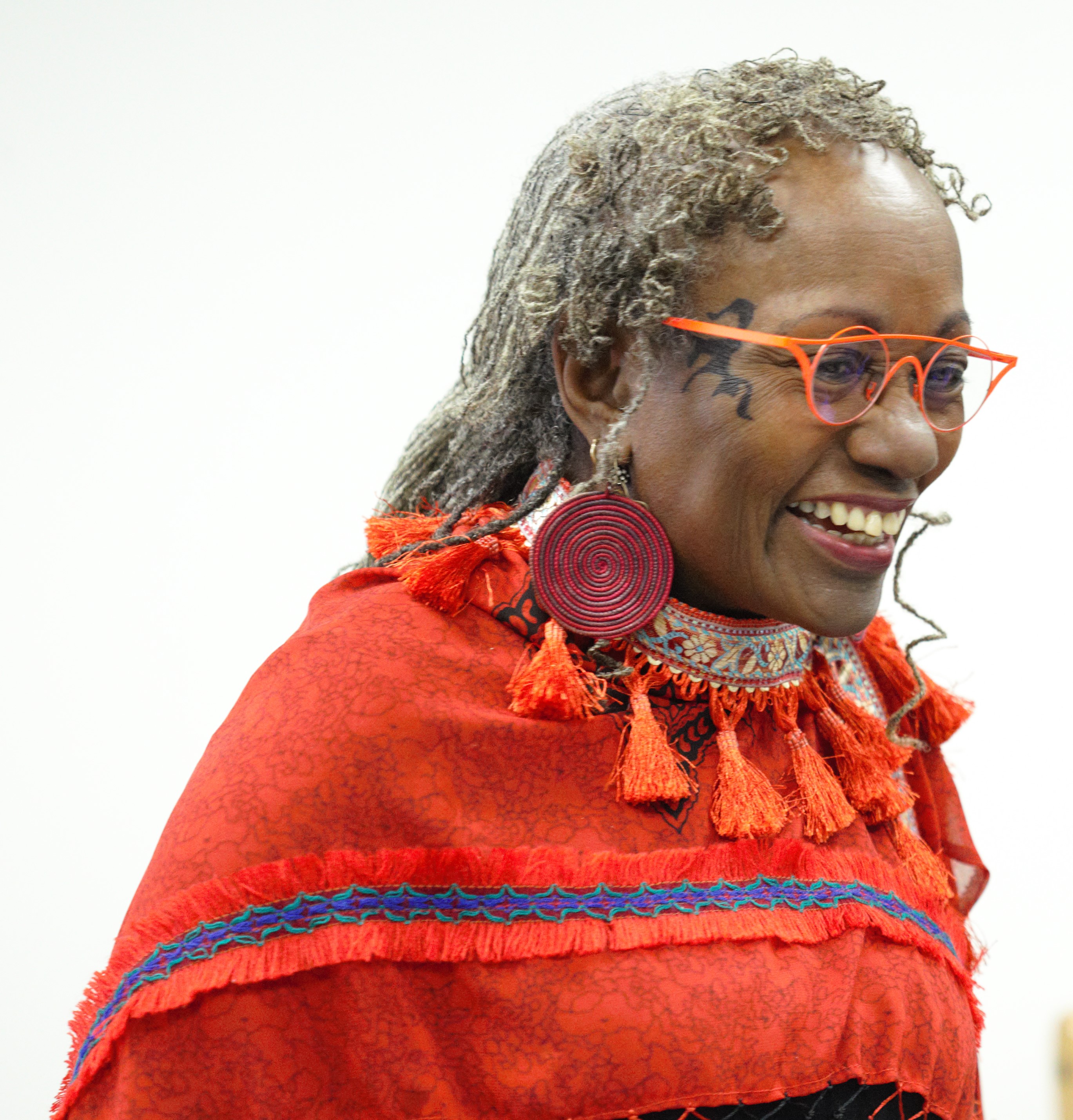 Dé Bryant, PH.D. is a leader of social justice initiatives with over 25 years of bringing community members with diverse mindsets together to enable equity for all people. She has taught social justice, psychology, and interfaith dialogue at Indiana University South Bend since 1990. Developed trauma-informed practices to address racial violence and burnout among individuals and within organizations. Built platforms for social justice by establishing and leading dialogs between groups not accustomed to speaking with each other (e.g., all main faiths, atheistic, law enforcement, schools, and businesses). Expanded social justice initiatives in multiple U.S. states. Dr. Bryant's professional objectives are to develop and replicate arts-based, trauma-informed responses to reduce and prevent psychological burnout among social justice activists, advocates, and organizers for racial justice; to establish community-university partnerships promoting empowerment and capacity building; and to establish an international coalition to address racial terrorism and gender exploitation." She is a Core Group Member of Black Lives Matter-South Bend (BLMSB); secretary of Community Action for Education (CAFÉ); active member of the Michiana Social Justice Coalition (MSJC); and an Honoree, Black History Award, City of South Bend, 2018.In 1999 she was inducted into the Faculty Colloquium on Excellence in Teaching (FACET); in 2006 into the Eldon Lundquist Faculty Fellowship the IU South Bend career achievement award in university-community action.
Dé Bryant, PH.D. is a leader of social justice initiatives with over 25 years of bringing community members with diverse mindsets together to enable equity for all people. She has taught social justice, psychology, and interfaith dialogue at Indiana University South Bend since 1990. Developed trauma-informed practices to address racial violence and burnout among individuals and within organizations. Built platforms for social justice by establishing and leading dialogs between groups not accustomed to speaking with each other (e.g., all main faiths, atheistic, law enforcement, schools, and businesses). Expanded social justice initiatives in multiple U.S. states. Dr. Bryant's professional objectives are to develop and replicate arts-based, trauma-informed responses to reduce and prevent psychological burnout among social justice activists, advocates, and organizers for racial justice; to establish community-university partnerships promoting empowerment and capacity building; and to establish an international coalition to address racial terrorism and gender exploitation." She is a Core Group Member of Black Lives Matter-South Bend (BLMSB); secretary of Community Action for Education (CAFÉ); active member of the Michiana Social Justice Coalition (MSJC); and an Honoree, Black History Award, City of South Bend, 2018.In 1999 she was inducted into the Faculty Colloquium on Excellence in Teaching (FACET); in 2006 into the Eldon Lundquist Faculty Fellowship the IU South Bend career achievement award in university-community action.
Theo Randall, Ph.D.
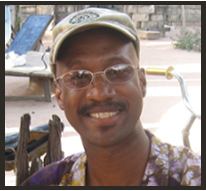 Theo Randall, Ph.D., joined IU South Bend in 2007. His research examines global issues relating to access to health care, language, religion, culture, and community. He serves on many university/school partnership committees, is a past director of the IU South Bend General Education Program, and has coordinated the African American Studies Program since 2012.
Theo Randall, Ph.D., joined IU South Bend in 2007. His research examines global issues relating to access to health care, language, religion, culture, and community. He serves on many university/school partnership committees, is a past director of the IU South Bend General Education Program, and has coordinated the African American Studies Program since 2012.


